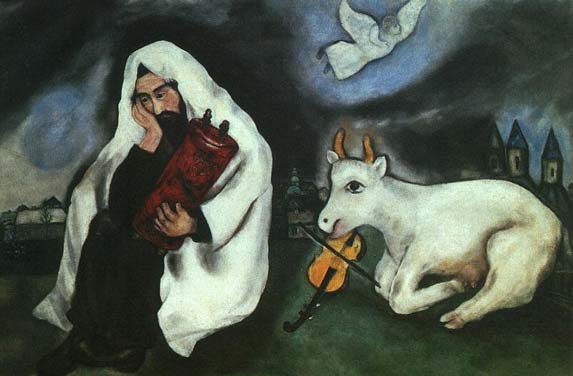Community / Hospitality / Maturity and Flourishing
A Very Comfortable Alienation

There is a phenomenon slowly spreading over the social landscape that is worth noting. I suspect it’s been around since the moment our first parents disbelieved God’s word. Regardless of that, it is here, now, and like any infection, can spread largely unnoticed and very quietly. In that sense it reminds me of the stories I’ve read about the spread of the Black Plague so many centuries ago. No one notices anything and then there it is.
The phenomenon I am referring to is the tendency, or ability, to become comfortable with the alienation that is our common legacy as fallen human beings.
We know relationships are broken, that we are alienated. A gap yawns between us and the rest of creation, between us and the unseen spiritual realities that press into the seen world, between us and those closest to us, and even between us and ourselves. On the one hand we probably can’t concentrate too much on this state of affairs, not because it is so unpleasant (though it is that) but because it is too dangerous. Even if we can’t prove it, somehow we have the sense that death dwells in the heart of our alienation. How I yearn for these gaps to be bridged, for the day when I can pass through a day without stumbling across reminders that, in Walker Percy’s memorable phrase, I am, and feel, lost in the cosmos.
There are so many ways to get comfortable with our sense of alienation: busyness, power, medications, technology, self-confidence, religious practices, political, or economic, or social ideologies. Fill your life until there are no margins and suddenly you feel less alienated. And so we do.
But then, planted firmly in space-time history, is the cross. Rather rude instrument of torture if you must know, brutal and horrific. Some do not know of it, others ignore it, and others have perverted the history into a sentimental event, full of nice feelings. The cross defines our alienation—from God, creation, others & within ourselves—as so extensive that when God entered human history to fully identify with us and provide hope he had to endure the brokenness of death meted out as cruelly as possible, by being impaled on a cross and left to perish, betrayed by friends, a king rejected by his subjects, knowing that even God had turned his back. The cross names our alienation and its extent, clearly and sharply.
This is why the cross is so offensive: it does not allow us to be comfortable. “It alienates alienated men,” theologian Jurgen Moltmann said, “who have come to terms with alienation.”
There is a sense in which it seems only natural to come to terms with our alienation. We can’t solve it, so we can’t live without it, yet we can’t really live with it, either. So we do the best we can, which is to ignore it, act like it isn’t so bad, or drown it out so it isn’t all that noticeable. On the other hand, it speaks of the one point—almost the only point, it seems—with which every religious and philosophical tradition agrees: Alienation is rampant, suffering exists, things are out of whack, gaps and cracks appear even in the most precious and perfect of things we hold dear.
But that is hard to face, so, we come to terms with our alienation by manufacturing a measure of comfort.
The irony is that for more than six decades I have lived wanting to be comfortable, and now I come to the conclusion that if achieved, it might not be the best for my soul. What is best for me is the discomfort of the cross, a reality that brings me, in the end, great comfort.

